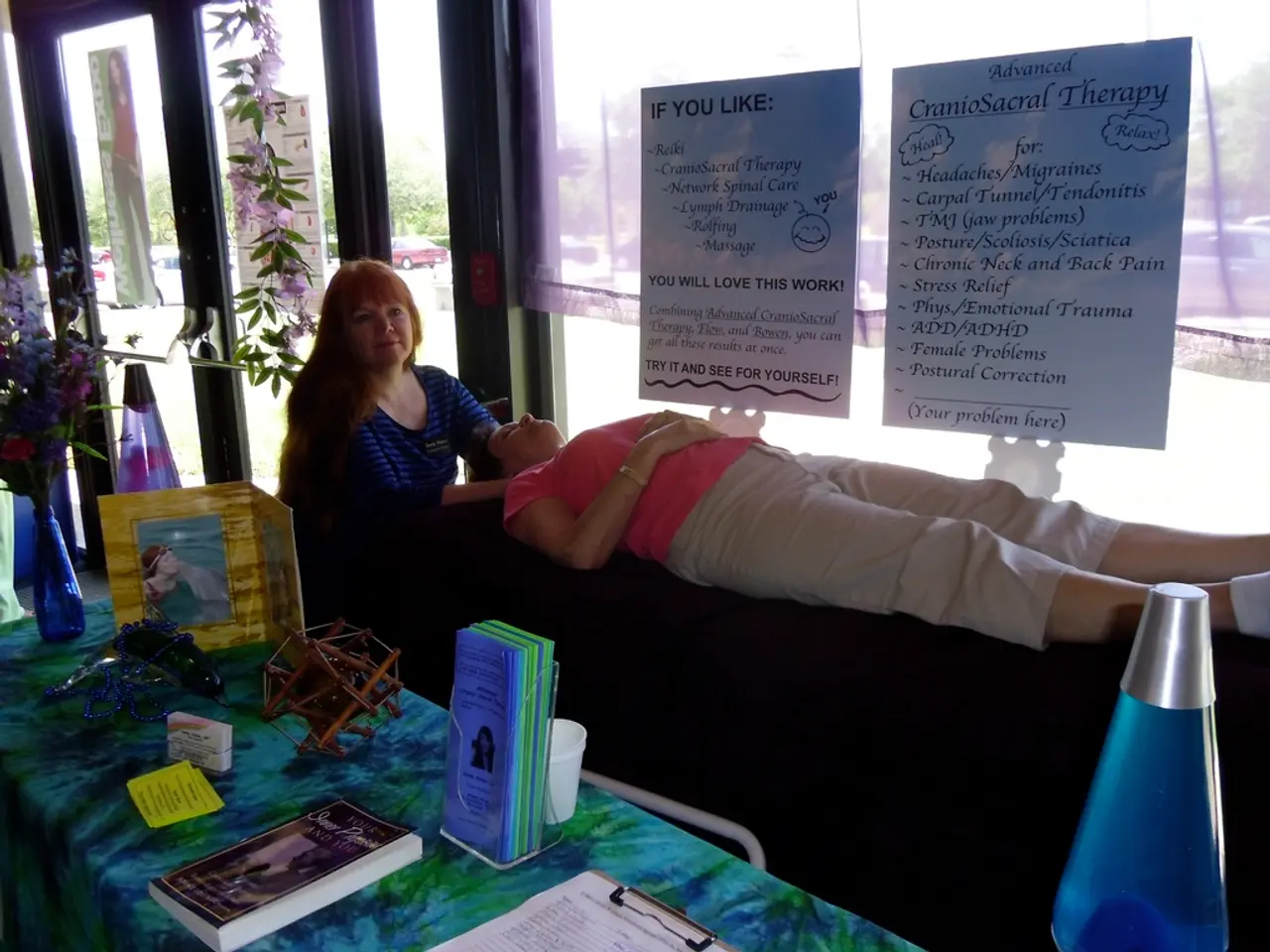Covert Abuse Through Silence: A Hidden Manipulation Strategy
In various situations, the silent treatment can be a common tactic, not just a response to anger. This emotional withdrawal can have severe and damaging effects on personal and professional relationships, creating a psychological void that humans instinctively seek to fill.
The silent treatment often occurs when one party fails to connect with the interlocutor's emotions despite broken expectations. This emotional void can lead to obsessive thoughts, confusion, anxiety, and self-doubt in the victim. Over time, victims may lose their sense of self-worth, beginning to believe they are not good enough or that something is inherently wrong with them.
Experiencing such emotional withdrawal is a form of emotional abuse, causing sustained psychological trauma. Victims often feel ashamed, guilty, and anxious, and they may exhibit symptoms like crying frequently, feeling powerless, or walking on eggshells. The abuser often manipulates guilt or blame onto victims or feigns concern to maintain control.
The long-term consequences of the silent treatment are significant. They include mental health disorders such as depression and anxiety, substance abuse, eating disorders, and chronic pain. Emotional abuse also generates enduring trauma symptoms like impaired communication, fragmented thinking, and lack of emotional safety. These require sustained support and a safe environment for recovery.
Psychological counseling can be essential to create positive changes away from the negative dynamic of the silent treatment. It can help individuals develop new ways of coping with differences and everyday conflicts. Counseling provides a safe space for victims to express their feelings and seek help, promoting healing and empowerment.
It is crucial to remember that the silent treatment should not be confused with the space a person takes to reflect on an issue. The difference lies in the intention and the impact on the other party. If you find yourself on the receiving end of the silent treatment, it is important to comment on what is happening, express your feelings, and seek help.
In summary, the silent treatment serves as a powerful form of emotional abuse that creates profound psychological harm by fostering emotional voids, confusion, lowered self-esteem, and long-lasting trauma that undermines victims' mental and physical health and hinders their ability to leave abusive relationships. Seeking help through psychological counseling can provide a pathway to healing and recovery.
- The silent treatment, a common tactic beyond anger responses, can lead to a psychological void in relationships, causing feelings of confusion, anxiety, and self-doubt in the victim.
- Prolonged exposure to the silent treatment can result in mental health disorders like depression, anxiety, substance abuse, eating disorders, and chronic pain, as well as trauma symptoms such as impaired communication and lack of emotional safety.
- Engaging in psychological counseling can help victims develop healthier coping mechanisms and improve their emotional well-being, promoting healing and empowerment.
- It is essential to distinguish the silent treatment from a person reflecting on an issue, focusing on the intention and impact on others involved.
- Seeking support through counseling and expressing feelings can create positive changes, enabling individuals to leave abusive relationships and foster growth in their personal relationships and lifestyles centered on mental health and wellness.




